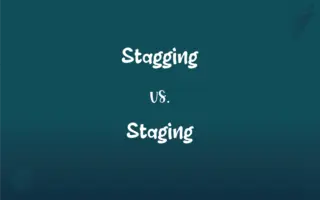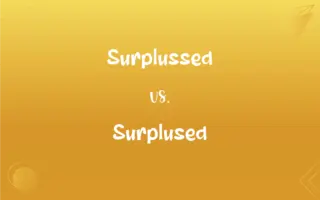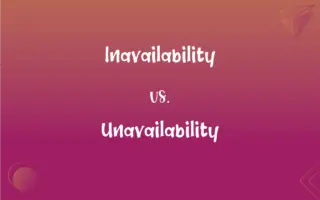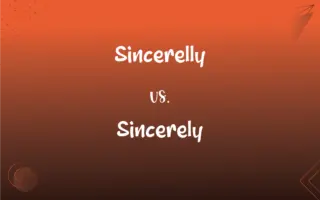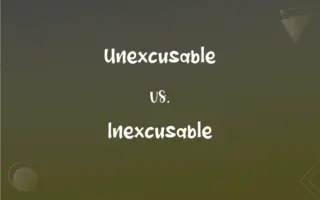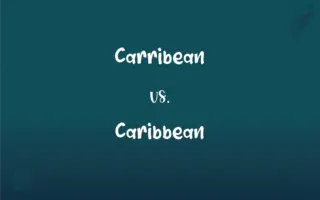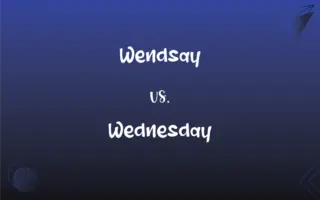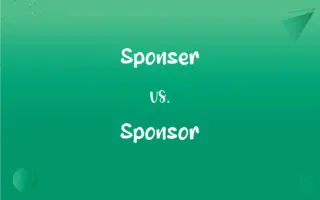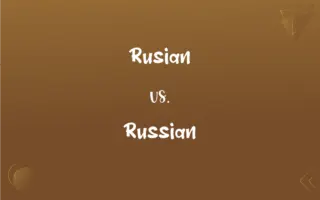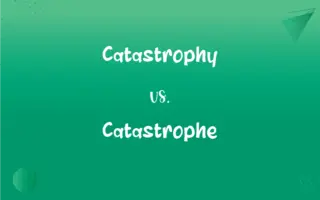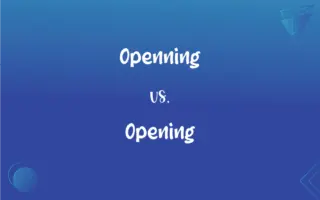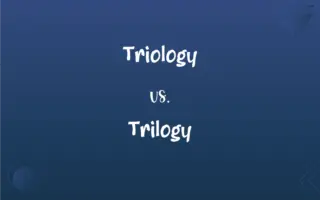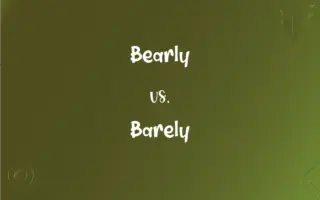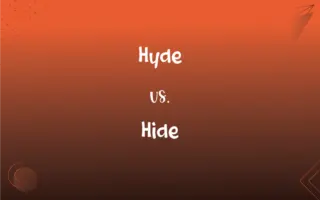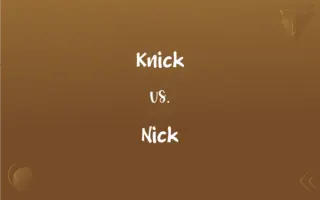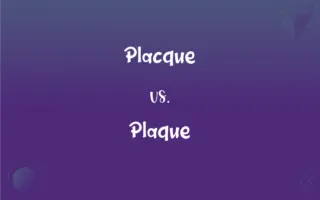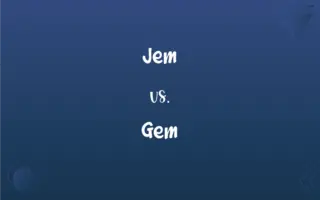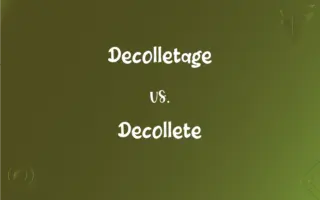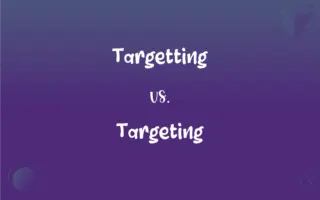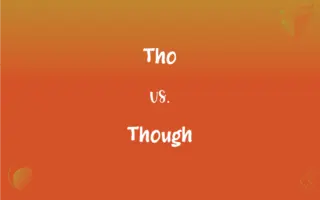Commense vs. Commence: Mastering the Correct Spelling
Edited by Aimie Carlson || By Janet White || Updated on March 7, 2024
"Commense" is an incorrect spelling; the correct spelling is "commence" which means to begin or start something.

Which is correct: Commense or Commence
How to spell Commence?

Commense is Incorrect

Commence is Correct
ADVERTISEMENT
Key Differences
Link "commence" with "ceremony," as many ceremonies commence or begin events.
Associate "commence" with "begin," emphasizing the start (commencement) of something new, focusing on the correct 'mence' ending.
Note that "commence" has two 'm's followed by "ence," not "ense."
Think of "commence" as combining "come" and "hence," suggesting the beginning of moving forward.
Remember, "commence" includes "mence" as in "mend" something starting anew.
ADVERTISEMENT
Correct usage of Commence
He announced that the sale would commense the following day.
He announced that the sale would commence the following day.
The meeting will commense with a brief overview of the project.
The meeting will commence with a brief overview of the project.
The program will commense at 8 PM sharp.
The program will commence at 8 PM sharp.
Please commense your work on the assignment.
Please commence your work on the assignment.
We need to commense planning for the event soon.
We need to commence planning for the event soon.
Commence Definitions
Commence implies embarking upon a new phase or activity.
She will commence her studies in the fall.
Commence means to begin something.
The meeting will commence at noon.
Commence refers to the start of an event or process.
The ceremony will commence with the national anthem.
Commence can mean to initiate a particular action.
They will commence construction next week.
Commence is used to signify the formal beginning of something.
The president will commence the proceedings.
To begin; start.
To enter upon or have a beginning; start.
(intransitive) To begin, start.
Commence Sentences
The conference is scheduled to commence at 9 AM.
The ceremony will commence with the national anthem.
We will commence the construction work next Monday.
The new policy will commence starting next fiscal year.
Classes commence in the first week of September.
She will commence her studies at the university this fall.
The players are ready to commence the game.
Flight operations will commence early tomorrow morning.
Please ensure all preparations are complete before we commence.
Let's commence the meeting by reviewing last week's progress.
Once the agreement is signed, we can commence with the project.
The movie will commence after a short interval.
He is eager to commence his new role within the company.
The festivities will commence with fireworks at dusk.
The team is all set to commence work on the new initiative.
Training for volunteers will commence on Saturday.
We're excited to commence our journey towards sustainability.
She was nervous to commence her speech in front of the large audience.
The workshop will commence with an introduction by the keynote speaker.
The concert will commence with a performance by the choir.
Negotiations between the parties will commence next week.
The trial is set to commence next month.
Commencement of the program depends on funding approval.
The mayor will commence the parade by cutting the ribbon.
Research activities will commence as soon as the grant is received.
FAQs
What is the pronunciation of commence?
Commence is pronounced as /kəˈmɛns/.
Why is it called commence?
It's called "commence" from the Latin "cominitiare," meaning to begin, initiate.
What is the verb form of commence?
The verb form is "commence."
Is commence an abstract noun?
No, it's a verb, not a noun.
What is the singular form of commence?
The singular form is "commence."
What is the plural form of commence?
As a verb, "commence" does not have a plural form.
Is commence a noun or adjective?
Commence is a verb.
What is the root word of commence?
The root word is the Latin "cominitiare."
Which vowel is used before commence?
The vowel "e" is used before "commence."
Is commence a countable noun?
Commence is not a noun; it's a verb and not countable.
Is commence a negative or positive word?
Commence is neutral, with a connotation that depends on context.
Is commence a vowel or consonant?
The word "commence" starts with a consonant.
How many syllables are in commence?
There are two syllables in "commence."
Which preposition is used with commence?
The preposition "with" is often used with commence, as in "commence with."
Is the word commence imperative?
Yes, "commence" can be used as an imperative verb in commands.
How do we divide commence into syllables?
Commence is divided into syllables as com-mence.
What part of speech is commence?
Commence is a verb.
What is the opposite of commence?
The opposite of commence is "conclude" or "end."
Which determiner is used with commence?
Determiners like "the" or "a" can precede "commence" in a sentence.
What is the first form of commence?
The first form is "commence."
Which conjunction is used with commence?
The conjunction "and" can be used to connect actions related to commence.
Is commence an adverb?
No, commence is not an adverb.
Is commence a collective noun?
No, commence is a verb, not a noun.
Is the commence term a metaphor?
"Commence" can be used metaphorically to signify the beginning of non-physical processes.
What is the second form of commence?
The second form (past tense) is "commenced."
What is the third form of commence?
The third form (past participle) is "commenced."
What is a stressed syllable in commence?
The stressed syllable in "commence" is the second, "mence."
How is commence used in a sentence?
"Classes will commence on the first Monday of September."
Which article is used with commence?
The definite article "the" or indefinite articles "a" or "an" can be used.
What is another term for commence?
Another term for commence is "begin."
About Author
Written by
Janet WhiteJanet White has been an esteemed writer and blogger for Difference Wiki. Holding a Master's degree in Science and Medical Journalism from the prestigious Boston University, she has consistently demonstrated her expertise and passion for her field. When she's not immersed in her work, Janet relishes her time exercising, delving into a good book, and cherishing moments with friends and family.
Edited by
Aimie CarlsonAimie Carlson, holding a master's degree in English literature, is a fervent English language enthusiast. She lends her writing talents to Difference Wiki, a prominent website that specializes in comparisons, offering readers insightful analyses that both captivate and inform.


